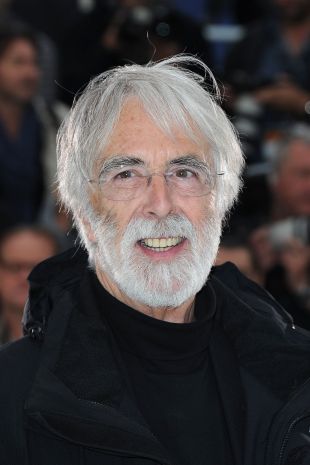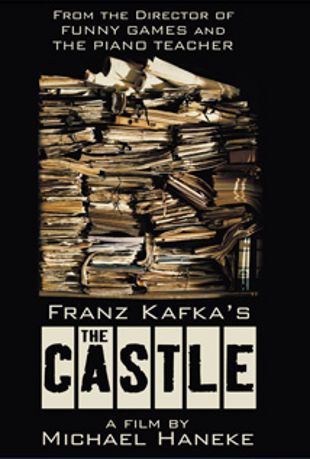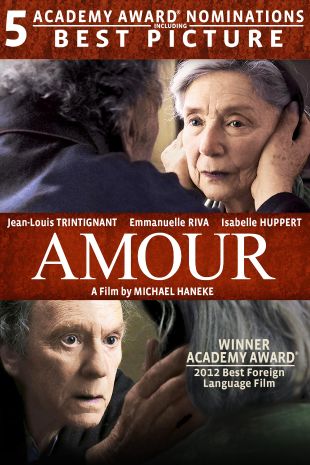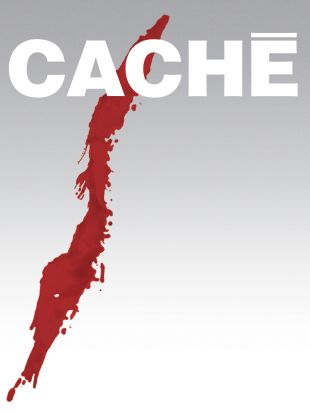Cheerfully wishing his audience a "disturbing evening" at a London retrospective of his films, director Michael Haneke insists that he is an optimist at heart, despite all of the relentlessly bleak carnage and deeply disturbing imagery so vividly painted and seared into the mind of anyone who has had the uncomfortable experience of viewing his work.
Practically born into show business, to an actress mother and director father, in Munich in March 1942, Haneke spent his early years in a working class suburb of Vienna before an early attempt at fame as an actor and pianist. Failing to achieve early success, Haneke attended the University of Vienna to study philosophy and psychology, and became a film critic and stage director before making his eventual debut as a television director with After Liverpool in 1973. Setting in motion a television career specializing in literary adaptations and small screen films, Haneke would work successfully in that medium until his feature debut with The Seventh Continent in 1989.
Laced with the theme of muted emotions resulting in stark violence that would become his calling card, The Seventh Continent's bleak and austere portrayal of a family deadened and ultimately destroyed by modern convenience served as a deeply disturbing cautionary tale, made all the more effective by the final revelation that it was based in reality. The first of an agonizing trilogy on the same theme, including Benny's Video (1992) and 71 Fragments of a Chronology Chance (1994), it offered a telling contrast to the Hollywood-manufactured attempts at shock in the form of slimy aliens and supernatural chills. These films were horrific and they were all too real in their implications and actions, the distortion of reality so common among typical horror films was abandoned in Haneke's works in favor of the infinitely more terrifying affects of urban alienation.
Haneke took the modern obsession with cinematic violence to a level rarely attempted in 1997, with the tale of a happy family relentlessly tortured in Funny Games. Violence is not fun in Haneke's world and this is where his optimism comes into play. Though shocking and repulsive on a number of levels, Haneke's goal to shatter the numbness instilled by countless depictions of inconsequential violence in modern media is something the director views as positive and uplifting, even if the means to that end induce shock and anger. Haneke took home the Grand Prize at the 2001 Cannes Film Festival for The Piano Teacher, a compelling tale of sexual repression that also won that film's stars, Benoit Magimel and Isabelle Huppert, the Best Actor and Actress awards at the festival.
He earned some of the strongest reviews of his career for the 2005 thriller Cache. In 2007 he remade his film Funny Games in English with a cast that included Naomi Watts, Tim Roth, and Michael Pitt. He scored another international hit with 2009's The White Ribbon, and had arguably his biggest American success in 2012 when his film Amour garnered Oscar nominations for Best Picture, Best Actress, Best Screenplay, and Best Director, and won the coveted award for Best Foreign Language Film.



